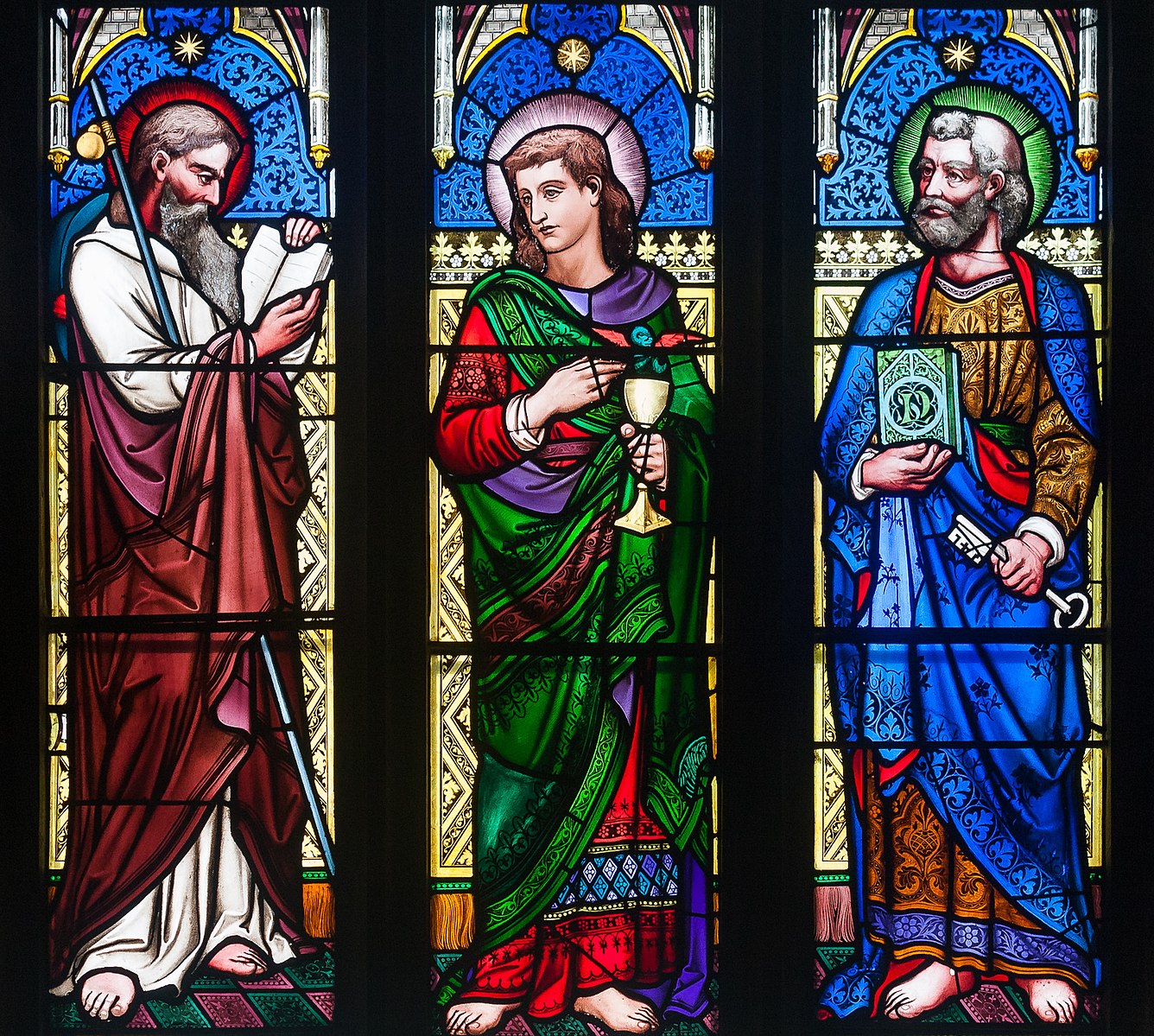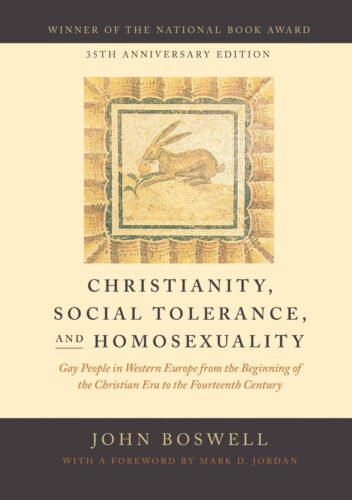This essay first appeared in our weekly Scripture reflection newsletter on October 19, 2024.
This Sunday, the disciples surprise us—once again. Two of Jesus’s first disciples, James and John, whom he called along with Peter and Andrew by the Sea of Galilee, ask for something incredible. “Grant that in your glory,” they say, “we may sit one at your right and the other at your left.”
That request is so outlandish, and so out of character with the humility that Jesus asks of the disciples, that in Matthew’s Gospel, written a few decades later, that request is put on the lips of the mother of James and John. It is as if Matthew needed to soften Mark’s original narrative, so as not to put James and John in a less-then-positive light.
The other disciples are, not surprisingly, “indignant.” (The Gospel calls them “the ten,” in contrast to “The Twelve,” as if by their arrogance James and John have temporarily removed themselves from the group.) Yet these two are among Jesus’s closest friends. Peter, James and John, after all, are witnesses to the Transfiguration. Perhaps this added to the indignation of the ten: already favored by the Master, James and John ask for even more. It’s as if the teacher’s pet, who already gets special privileges in class, asks to have his or her grade bumped up from an A to an A+.
There must have been many internal conflicts among “The Twelve.” How could there not have been? They were human beings, after all.
There must have been many internal conflicts among “The Twelve.” How could there not have been? They were human beings, after all.
To begin with, let’s consider Peter and Andrew. Jesus calls the brothers at the same time, but invites only Peter to witness the Transfiguration. How do you think that made Andrew feel? Then we have, again, James and John. Their father’s fishing business on the Sea of Galilee seems to have been more profitable than that of Peter and Andrew. Notice that when Jesus calls them, James and John are in their father’s boat, with “hired hands.” Peter and Andrew, by contrast, are on the seashore casting a net into the sea, apparently boat-less. Perhaps there was some rivalry between the two pairs of brothers, based on wealth or professional success, even before Jesus called them.
Judas, of course, would become the most hated disciple, but even before betraying Jesus, he was apparently the only disciple from Judea (in the south) versus Galilee (in the north). This may also have been a source of some division. (Remember in the Passion narratives, Peter, who has denied knowing Jesus, is given away by his Galilean accent.)
The church has always been a place of disagreements, personal rivalries, conflict, arguments and even indignation.
Why this examination of possible rivalries within “The Twelve”? Because it helps us to remember that the church has always been a contentious place. And remember that the Gospel writers generally don’t want to make the early church leaders look bad: That’s not an effective recruiting strategy. So when we read a report that ten disciples were “indignant” about James and John, we have to take it seriously. We can also wonder what other stories about internal conflicts were omitted or softened to spare the blushes of early church leaders.
The church has always been a place of disagreements, personal rivalries, conflict, arguments and even indignation. And that started at the beginning—even though the disciples had the benefit of Jesus standing before them. So why should we be surprised if it’s the same today?
Currently, I’m at the Synod on Synodality in Rome. And while I don’t think anyone has yet become “indignant,” we 350 delegates certainly don’t agree on everything. The essentials yes, but not all the incidentals. But that shouldn’t disturb us. Contentiousness has a long history in the church, and we’re still here, thanks to the Holy Spirit and Jesus’s promise of everlasting fidelity to his church. For greater peace among all of us, though, perhaps we can ask the prayers of James and John, who, now in heaven, are no longer the source of any indignation.



